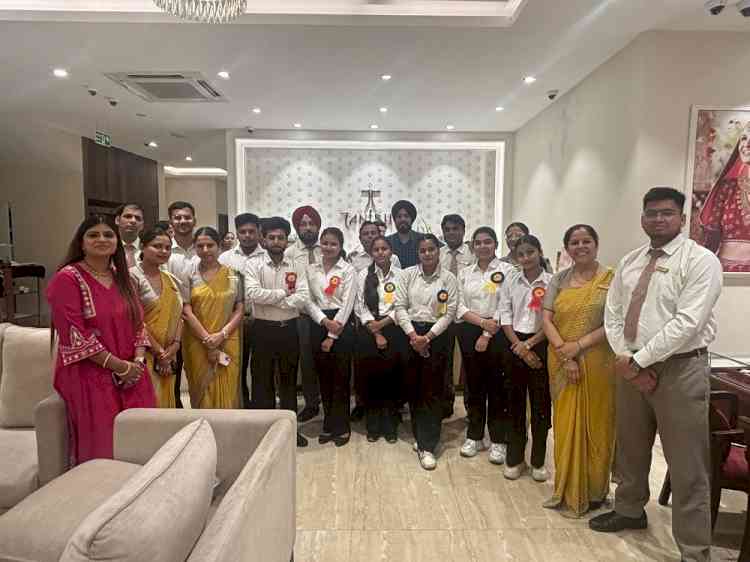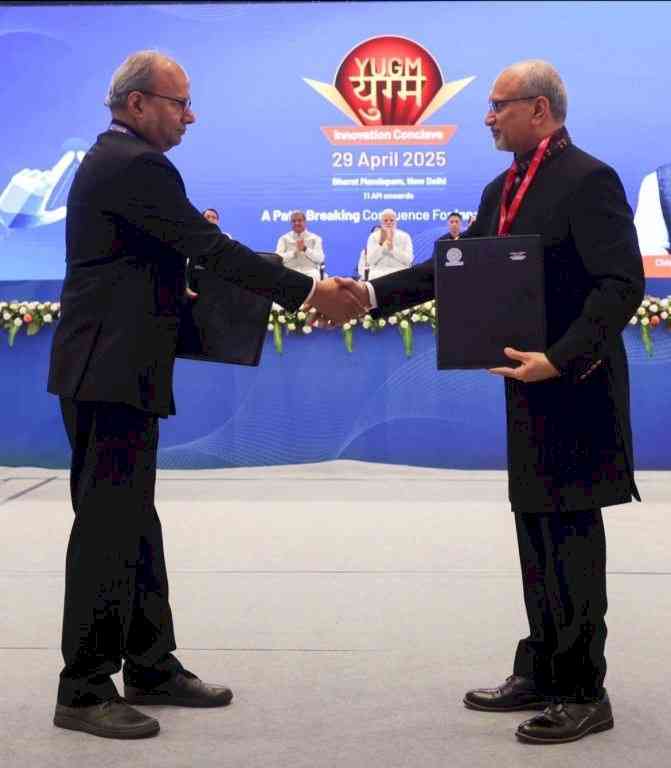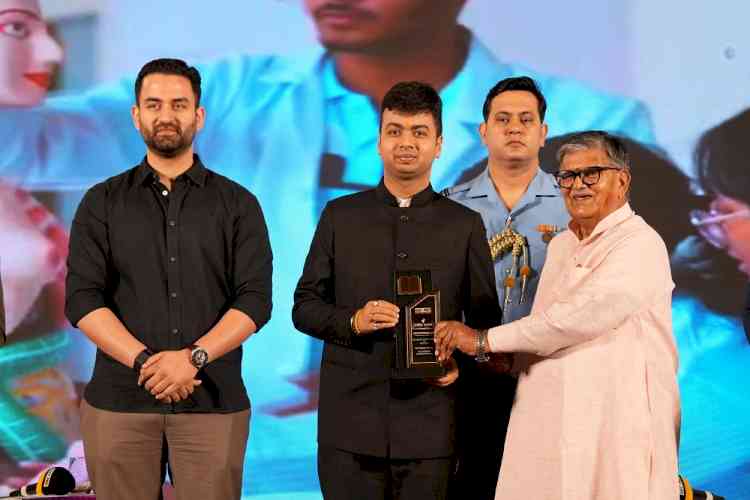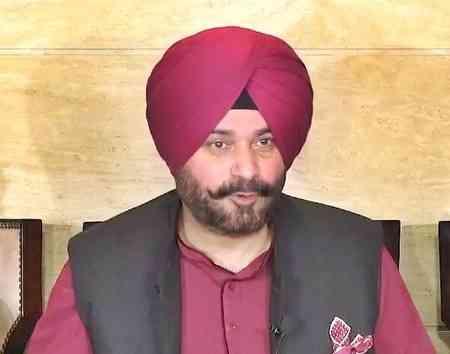NMC abolishes upper limit of 150 seats per institute for MBBS: MP Arora’s efforts pay off
MP Sanjeev Arora's tireless efforts to enhance the quality of medical education in India have yielded a significant breakthrough. The National Medical Commission (NMC) has abolished the upper limit of 150 seats for the MBBS course, effective from a notification issued on December 19, 2024.
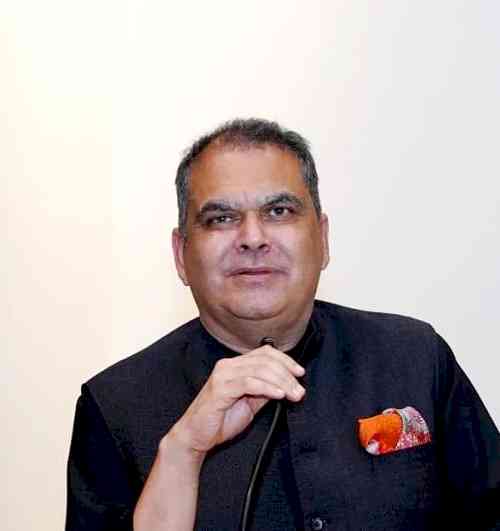
Ludhiana, December 20, 2024: MP Sanjeev Arora's tireless efforts to enhance the quality of medical education in India have yielded a significant breakthrough. The National Medical Commission (NMC) has abolished the upper limit of 150 seats for the MBBS course, effective from a notification issued on December 19, 2024.
In a statement here on Friday, Arora said, “This landmark decision enables colleges to apply for additional seats based on their infrastructure.”
Arora had also met the Union Minister for Health and Family Welfare JP Nadda in July this year and the then Union Health and Family Welfare, Dr Mansukh Mandaviya in December last year on the issue. He had even written letters to both Nadda and Mandaviya stating that “there is a cap of 150 MBBS seats for all Medical Colleges. This has an ambiguity as Medical Colleges with history cannot be in same league as new hospitals. His suggestion is that older Medical Colleges should be eligible for more MBBS seats as long as they fulfill the criteria of infrastructure”.
As a member of the Parliamentary Standing Committee on Health and Family Welfare, MP Sanjeev Arora has been instrumental in driving this change. His dedication to improving medical education was further underscored by his presentation of Report No.157 in Parliament on February 9, 2024, focusing on the "Quality of Medical Education in India". Abolishing of limit for MBBS seats was recommended in this report.
Adding, Arora said the assessment of the quality of medical education in India became paramount considering the escalating healthcare needs of this vast country with a diverse population and geography. As the demand for competent healthcare professionals continues to rise, ensuring that medical education meets the best standards becomes crucial to addressing the multifaceted challenges in the healthcare sector.
He added the primary objective of the Parliamentary Standing Committee on Health and Family Welfare behind identifying the subject `Quality of Medical Education in India’ was to find areas of improvement to ensure that medical graduates are well-equipped to navigate the evolving landscape of healthcare delivery.
Adding, he said the Committee held deliberations with the representatives of the Ministry of Health & Family Welfare& NMC during its meeting held on the 6th of July 2023 for a holistic examination of the subject. The Committee also heard representatives from AIIMS, New Delhi, Vardhman Mahavir Medical College, Safdarjung Hospital, New Delhi, Delhi Medical Council, New Delhi, Maulana Azad Medical College, New Delhi, Sharda University, Greater Noida in its meeting held on 31st July, 2023 and representatives from Dr RML Hospital & Atal Bihari Vajpayee Institute of Medical Science (ABVIMS), New Delhi, Lady Hardinge Medical College and Associated Hospitals, New Delhi and Swami Vivekanand Subharti University, Meerut, Uttar Pradesh in its meeting held on 21st August, 2023. The Committee further heard the Chairman of NMC; Presidents of UGMEB & PGMEB; Member, EMRB along with others on 5th February 2024 on various issues related to medical education.
Besides, the Committee undertook study visits to Mumbai and Goa from the 10th of July to 11th July 2023 to assess the ground realities related to the quality of medical education imparted in the medical colleges.
Arora said India has one of the largest medical education systems in the world. According to the Ministry of Health and Family Welfare, there were702 medical colleges in the country at the time of this study in 2023-24. However, the quality of medical education in India varies widely, and the system faces several challenges, the most prominent among them being the uneven distribution of medical colleges. Medical colleges in India are concentrated in urban areas which creates a vacuum in the rural areas. The creation of medical colleges in rural areas can solve the problem of the dearth of rural access to medical education. Another significant challenge is the non-availability of sufficient funds for medical research in India and there is an urgent need to create a research ecosystem in medical colleges. This necessitates continuous upgradation of the curriculum with the latest advances in medical science.
Further, Arora said National Medical Commission on December 19, 2024 has written to The Principal/Dean, All the Medical Colleges/Medical Institutions of India, Inviting Applications for establishing a new medical college/institution intending to offer under-graduate course and increase in the number of UG seats in an established medical institution for the Academic Year (AY) 2025- 2026.


 City Air News
City Air News 
